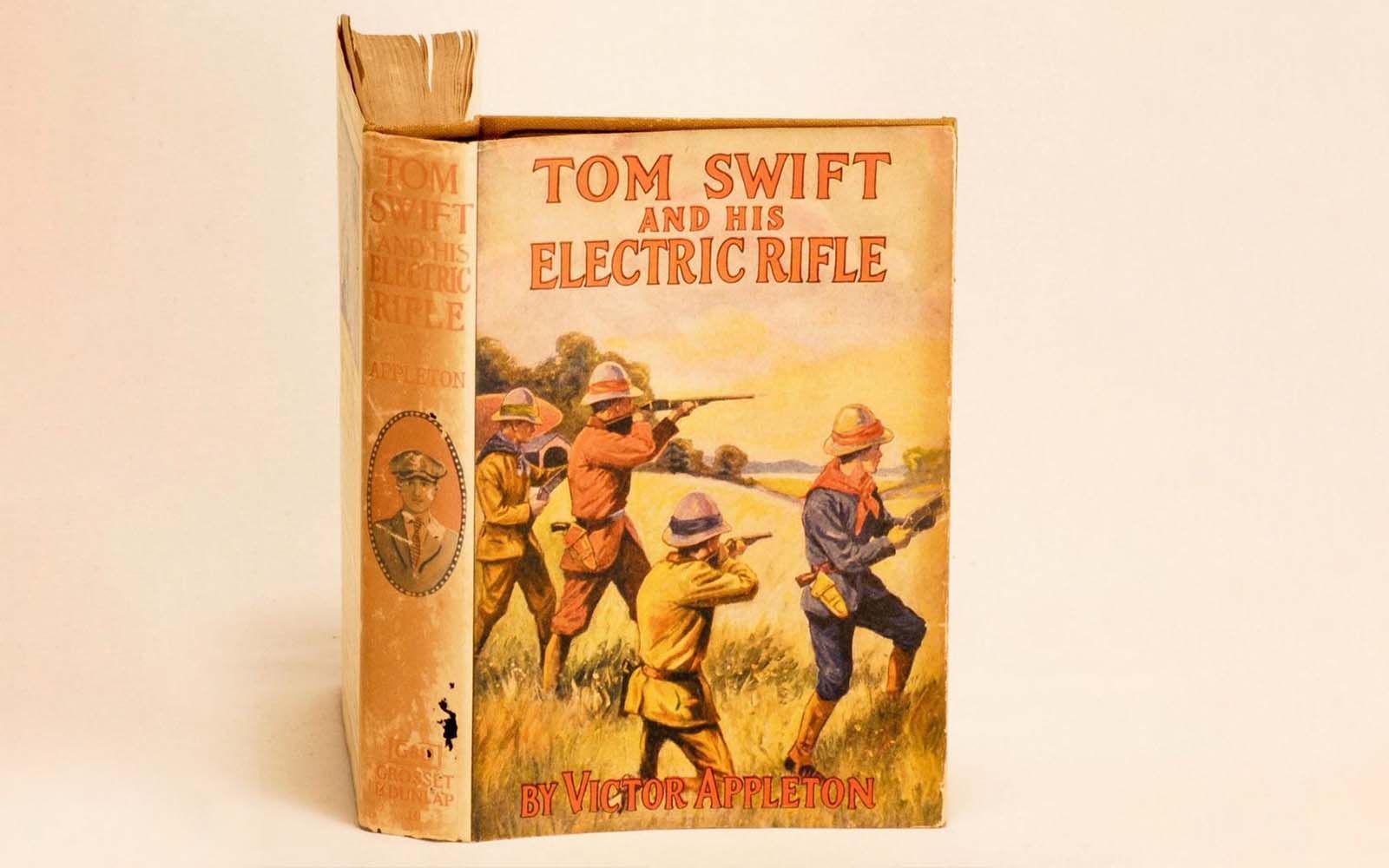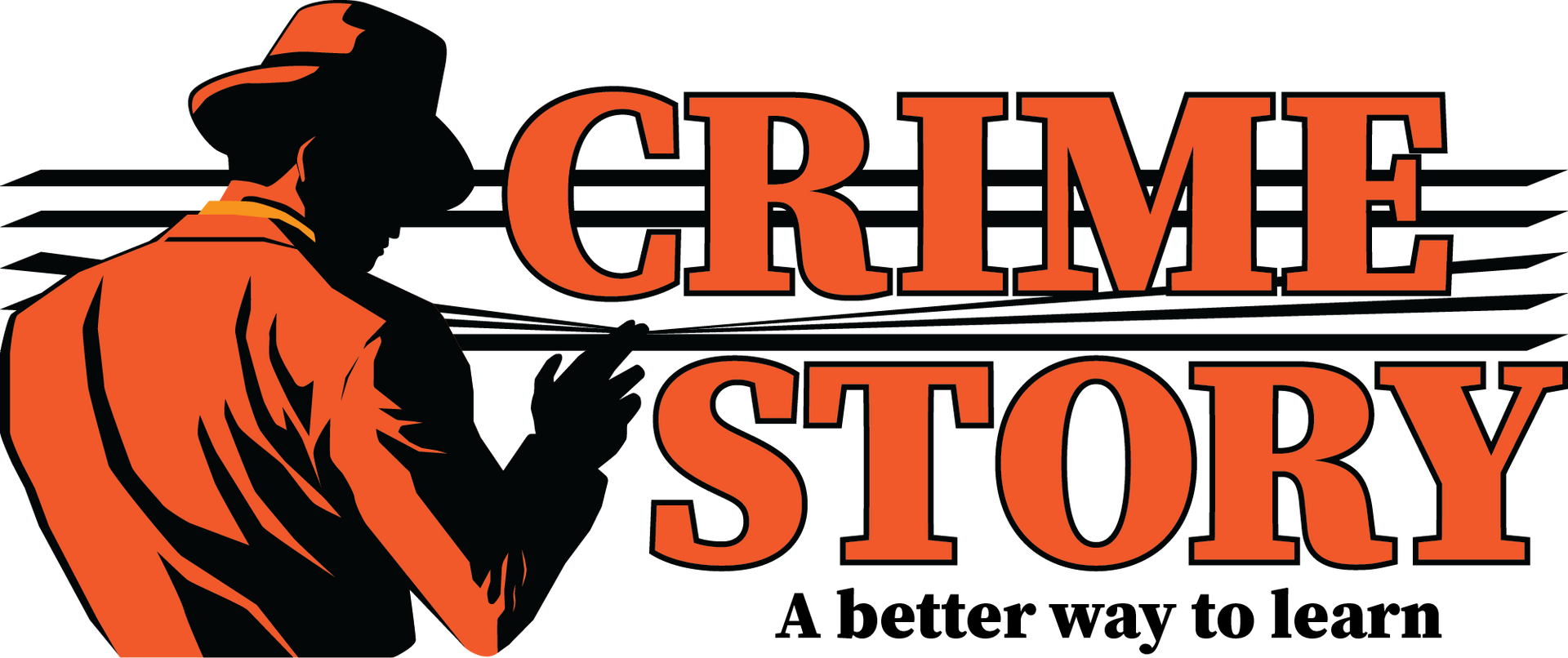Have a Question?
Why Transferable Skills Are Important For Success
Leading accountancy firm PricewaterhouseCoopers (PwC) hired an Arts graduate whose research thesis investigated creative writing for autistic children. Far afield from the usual mathematicians in accountancy, PwC realised the value transferable skills. These ‘soft skills’ are difficult to empirically measure which leads to their neglect by ATAR and the HSC scaling processes. These transferable skills include problem solving, analytical reasoning, critical thinking, communication, leadership, adaptability, writing, listening, creativity, attention to detail, project management, relationship building, computer skills and management. PwC believe that the research and communication shown in the new hire’s thesis, were the skills they needed. Upskilling the graduate in accountancy would be the easy part. Get the right people, then train them for the job.
After a decade of the school system pushing STEM as the elite of academics and innovation it was realised that they were missing an ‘A’. Art is now part of the STEAM acronym, knowing that creativity is essential. Ask law enforcement about the TASER they have strapped to their waist, and they will be in tune with scientists about the technology involved. Where laser is an acronym for ‘light amplification by stimulated emission of radiation’; a taser is the ‘Thomas A. Swift Electronic Rifle’ from a 1911 book. So when you look back at the list of transferable skills in the opening paragraph you’ll notice creativity tucked in the middle, like the A in STEAM.

Transferable skills are currency. They produce procedural knowledge rather than declarative. Why do we need to recall and store information that than can quickly be Googled? Why not know how to use it? In year 7 science (circa mid 1980’s) I learned about igneous, metamorphic, and sedimentary rock. Why? The most use anyone from my school had for this was knowing which rock would best smash a window from ground level. Apart from that I am certain that I have never needed to know or use this information. I would rather have a transferable skill that promotes understanding and inquiry. Transferable skills are recognised by leading psychologist Feuerstein and Bridging Metacognition with one simple process.
How did you perform that skill?
Where else can you use that?
As simple as that, by constantly using and retrieving these skills they build brain power like doing reps in a gym. Education theorists now believe that 70% of class time must be devoted to active learning of skills, for all students, at their zone of proximal development. Skills rather than recalling knowledge. It’s like giving a man a fish or teaching him to fish.
Something new, or simply new again like many pedagogical theories that are thrown out for more fashionable theorem, is the concept of Universal Design for Learning. Based on Representation, Action and Expression, and Engagement, UDL focuses on teaching in multiple formats, have more ways to interact with the material and to show what they have learned with teachers using multiple ways to motivate. This information processing model depicts the benefits of sensory learning in this equation, using sound principles of learning embedded in working memory through real skills. John Hattie (2009) recognises that “when we innovate, we are more aware of what is working and what is not, looking for contrary evidence and consequences”. This is a call for all educators and students. We need to change. What can we do as classroom teachers to better interact with our material? Find our ‘A’. Find the ‘Art’ for our school’s STEAM. There is always something that floats our boat that allows us to be our artistic best. Whether it be poetry, painting, rollerblading or rock climbing, English has room for your ‘A’. Find a way to get your passion in to teaching. Get them to touch, feel, hear, taste, and smell your passion. If you are a rock climber, give them a carabiner, ropes, helmet, gloves. Do a Risk Assessment and get them rollerblading? It’s easy. Take them places outside of the norm. This is physical scaffolding, and it works. It motivates. As Hattie suggests, we also become well attuned to what works…nothing deflates us faster than students who are disengaged in what we love…so fix it, change it, get better at it! You have transferred these skills, lead the way.
I did this with Crime Story workshops, developed for both academic and imaginative writing, artistic expression, creative opportunity, and communication building. Transferable skills are the founding components. Try it, it’s a better way to learn.
Engage, Inspire…Create
Luke Taylor

Educational Packages
Unlock a world of discovery with our Educational Packages, where students collaborate with a former detective and experienced teacher to embark on captivating investigations aligned with essential syllabus elements. These interactive workshops not only spark curiosity but also enhance critical thinking and teamwork, offering students a chance to explore their interests in a dynamic learning environment. We provide workshops designed for schools anywhere in Australia. Dive into our diverse offerings below to find the perfect fit for your classroom.

Corporate Team Building
Transform your corporate team building experience with an engaging Crime Story Corporate Team Building Event. Whether for a small team or a large corporate retreat, our customised crime scene investigations encourage teamwork, problem-solving, and the development of essential soft skills in a fun, interactive environment. Forensic team building events bring your team closer together as they uncover clues and navigate through real-life mysteries, all while enhancing morale and building stronger connections.

